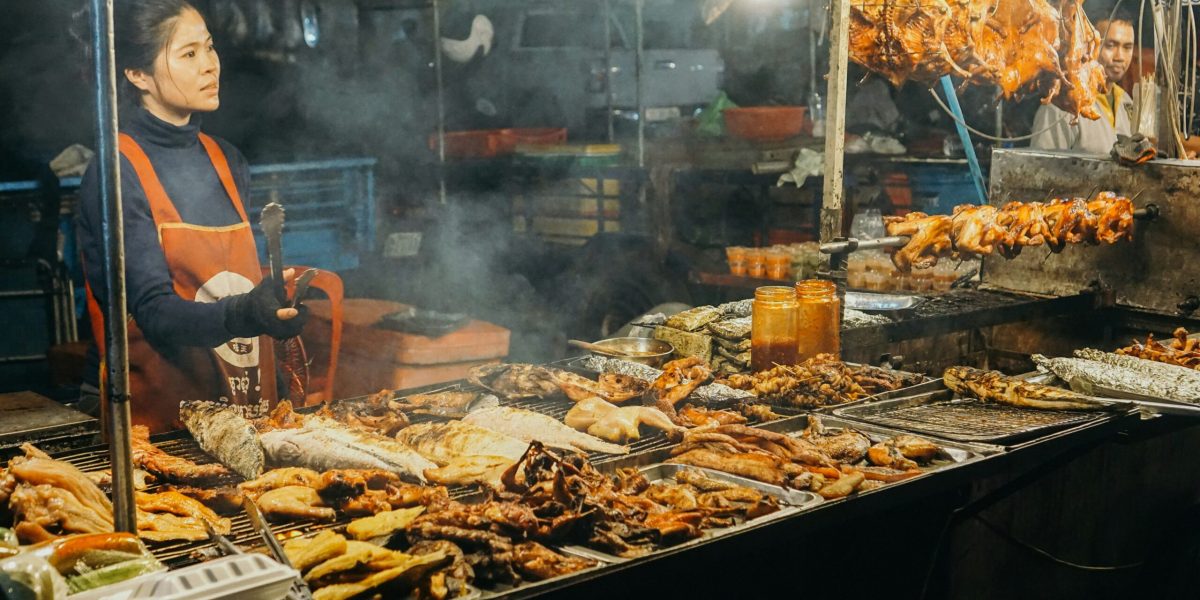Local food hubs are more than just distribution centers—they are the backbone of a movement that celebrates the flavors, traditions, and cultures unique to specific regions. By linking farmers, producers, and consumers, these hubs create opportunities to preserve and promote regional food identity while ensuring fresh, high-quality products reach local markets. In places like Seattle, the role of food hubs has become increasingly significant in maintaining the connection between communities and their culinary heritage.
How Do Local Food Hubs Strengthen Regional Identity?
The term regional food identity refers to the unique culinary characteristics that define a specific area. It encompasses local crops, traditional recipes, and the methods of food preparation passed down through generations. Local food hubs serve as a vital link in preserving this identity by prioritizing products grown and made within the region.
By sourcing food directly from nearby farms, local food hubs ensure that consumers have access to fresh produce and artisanal goods that reflect the area’s cultural and agricultural history. For example, in the Pacific Northwest, food hubs help distribute iconic ingredients like wild salmon, organic apples, and heirloom potatoes. These foods are not just staples—they are symbols of the region’s rich agricultural heritage and sustainable practices.
By connecting farmers with local restaurants, grocery stores, and schools, food hubs promote the use of these regional ingredients in everyday meals. This keeps traditional dishes alive and fosters pride in the local food system, strengthening the community’s sense of belonging and cultural identity.
What Role Do Local Food Hubs Play in Sustainability?
Sustainability is a key pillar of local food hubs, and their focus on supporting regional farms is a cornerstone of this mission. When food is grown, processed, and consumed within a limited geographic area, it reduces the environmental footprint associated with long-distance transportation. Shorter supply chains mean fewer emissions and less packaging waste, aligning with the growing demand for eco-friendly practices.
Local food hubs empower small and mid-sized farmers who often struggle to compete with large-scale industrial agriculture. These hubs provide the infrastructure needed to aggregate, store, and distribute goods, allowing smaller producers to focus on their craft. This not only helps preserve traditional farming techniques but also encourages crop diversity, which is essential for maintaining ecological balance.
By investing in local food systems, communities contribute to the resilience of their regional food identity. The reliance on seasonal, local produce encourages healthier eating habits and reduces dependency on imported goods, creating a sustainable cycle that benefits everyone involved.
How Do Local Food Hubs Foster Economic Growth?
Beyond their environmental and cultural benefits, local food hubs play a critical role in stimulating regional economies. They create opportunities for farmers to reach larger markets, ensuring that more of the profits stay within the community. When consumers choose locally sourced products, they support a chain reaction that includes farmers, distributors, and retailers, ultimately strengthening the local economy.
For instance, Seattle’s growing network of local food hubs has allowed farmers in surrounding areas to thrive by meeting the city’s demand for fresh, locally sourced produce. These hubs also facilitate partnerships with local businesses, from bakeries to breweries, that incorporate regional ingredients into their products. This fosters innovation and collaboration while showcasing the versatility of regional food identity.
Food hubs create jobs at every level of the supply chain. From logistics and distribution to marketing and retail, these organizations provide employment opportunities that reinforce the importance of investing in local food systems.
Why Is Regional Food Identity Important?
Regional food identity is more than a celebration of local flavors—it is a testament to the history, culture, and people that define a community. When local food hubs support and distribute region-specific products, they help preserve traditions that might otherwise fade away in a globalized food market.
Traditional recipes and culinary techniques often rely on ingredients that are unique to a specific area. Without food hubs to champion local farmers and producers, these ingredients could be overshadowed by mass-produced alternatives. By making regional foods accessible, food hubs allow consumers to connect with their heritage and gain a deeper appreciation for the cultural significance of their meals.
Food hubs inspire new generations to engage with agriculture and culinary traditions. Many hubs partner with schools and community organizations to educate people about the value of regional food systems, encouraging them to support local farmers and embrace their area’s unique flavors. This ensures that the legacy of regional food identity continues to thrive.
The Future of Local Food Hubs
As more communities recognize the importance of sustainable, local food systems, the role of local food hubs is expected to grow. With advancements in technology and logistics, these hubs are becoming more efficient and accessible, making it easier for consumers to prioritize locally sourced products.
In regions like the Pacific Northwest, where food culture is deeply intertwined with the environment, food hubs will likely continue to play a pivotal role in preserving both regional food identity and ecological sustainability. By fostering strong relationships between farmers, consumers, and businesses, these organizations are building a future where food is not just nourishment but a celebration of community and culture.






